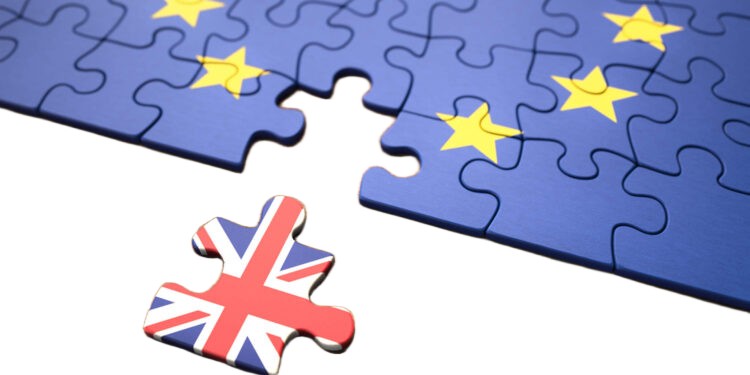The United Kingdom is quietly edging back towards the European Union, three years after the formal end of the Brexit transition period. A landmark agreement struck this week between London and Brussels signals a pivot from separation to cooperation. While the UK remains outside the EU’s political institutions, this new deal brings about renewed economic and strategic alignment that could reshape Britain’s role on the European stage. It is a pragmatic response to growing pressures from business, security demands, and a generation of young Britons eager for restored cross-border opportunity.
Trade and regulatory realignment
The agreement includes the removal of sanitary and phytosanitary (SPS) checks on food exports from the UK to the EU, a change expected to revitalise Britain’s agri-food sector. Since Brexit, farmers and small exporters have faced rising costs and bureaucratic barriers, leading to a decline in competitiveness. The restoration of smoother trade flows could add billions to the UK economy, offering relief to hard-pressed producers. Also included is greater integration of energy markets, which is intended to lower household bills and improve grid stability by aligning supply systems with the continent.
Defence cooperation and youth mobility
Defence has become an increasingly pressing area for collaboration, and the UK will now take part in a pan-European defence procurement programme. This participation reflects shared security interests, particularly in light of ongoing global tensions. Alongside this, the two sides have agreed to negotiate a youth mobility scheme. The proposed plan would allow young people to live, study and work more freely across the Channel—something that many young Britons lost with the end of freedom of movement. This shift could help address labour shortages and cultural disconnects that have widened in recent years.
Political balancing and domestic reactions
The deal has not been without controversy. Some critics argue that by granting EU fishing access to British waters until 2038, the government has conceded too much. Others see the arrangement as an admission that Brexit has been economically damaging. Supporters, however, call the agreement a necessary correction and a sign of diplomatic maturity. The government insists that the UK is not rejoining the EU but is pursuing a constructive partnership that serves national interests. With an eye on global markets and regional stability, the UK is seeking to reframe its place in Europe, not as a member, but as a neighbour with deep and vital ties.
The United Kingdom’s latest agreement with the European Union may mark the beginning of a more cooperative era. Though far from full reintegration, the move suggests a realistic shift in priorities, driven by economic imperatives and shared interests. As Britain continues to find its footing outside the EU, this renewed engagement could offer a sustainable model for future relations, rooted in collaboration without formal membership.
newshub finance




Recent Comments